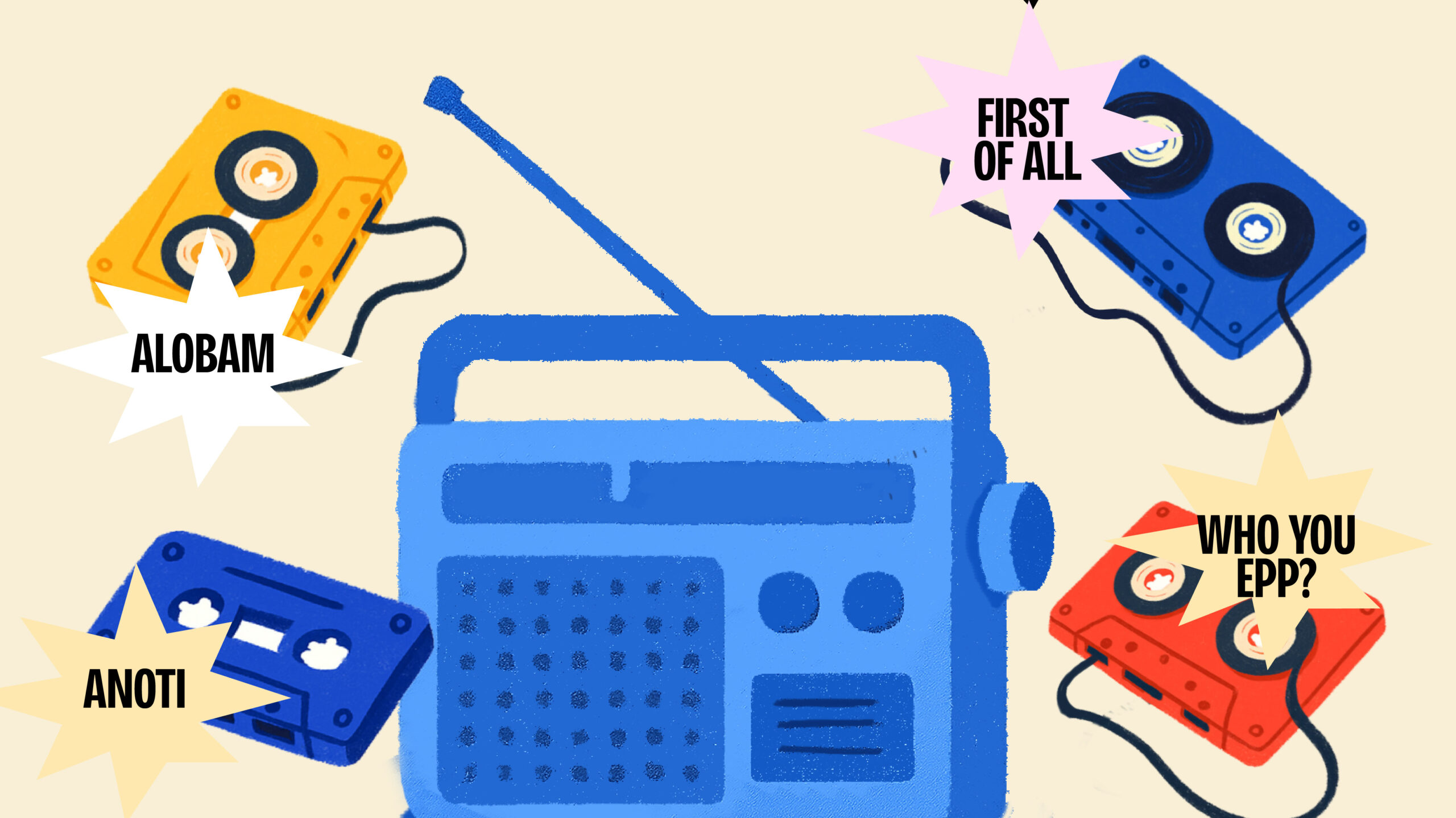Features
Is There a Difference Between Cultural Impact and Virality?

It was 2012, and Olamide, towards the end of the year, had released First of All, a song off his YBNL album. The song seeped into the following year, and even though there were other popular tracks on the album like V.O.T.S or Owotabua (in fact, almost every song from Olamide during that period went viral), First of All shifted something in the culture. In that period, it became unsafe to just say “first of all” because someone, somewhere, off topic, might just respond with “introduction” or “go down low.” In schools, a lot of teachers became offended because while explaining a topic and mistakenly said “first of all,” a student at the back would unconsciously respond with “introduction.” A classmate got suspended for that.
First of All had that kind of impact that defined its era, not necessarily because it was Olamide’s most popular song at the time, but because the lyrics of the song grabbed the moment so tightly that they became a reference point. You could explain the era to anyone by saying, “It was the era of first of all,” and they’d understand what you mean. You’re not exactly referring to the song; you’re referring to the cultural birth that happened at the time through the song.
It’s been a frenzied argument turf of music enthusiasts lately when Odumodublvck claimed no hip-hop song in the last 20 years had a cultural impact like Declan Rice, his song. The song was a viral song when it came out, so much that it got Arsenal football club to announce the signing of England’s footballer—who the song was eponymously titled after—with the record playing in the background. But this isn’t exactly about whether the song had a cultural impact or whether the 20-year stretch was too ambitious, because even though it’s been a while, 2010 wasn’t that long ago, and there were songs, particularly from acts like Olamide, MI, and even Phyno, that shifted the hip-hop culture.
From an observant angle, what I think most people first of all missed (pun intended) was that hip-hop is a genre of rap. But beyond that, the more valuable argument to have is: what exactly is cultural impact? Is there a difference between cultural impact and virality? Does global or national recognition of a song, hip-hop or not, automatically qualify as cultural impact?
Cultural impact is when someone or a body of work that owns or defines a movement creates a lasting influence on a particular group or society. A song that introduces a new slang or becomes a national anthem of sorts has a cultural impact. An artist or creator who changes how people dress or talk inspires cultural change. It could be arguably said that none of Wizkid’s songs had a direct cultural impact, but he, as an artist, shifted something in Nigerian culture when he became popular. He inspired a generation of young people who attached “kid” to their names or wanted to wear his Starboy jackets. Meanwhile, Olamide himself and his songs had a cultural impact because his poses and lyrics became so mainstream that even people who didn’t know who he was used the words.
Virality, on the other hand, doesn’t necessarily mean a song incites a movement or defines an era. A song might be popular, but it doesn’t always burrow itself into a society’s language, attitudes, or memories. A recent example is Love Nwantiti, which is globally one of the most-streamed Nigerian songs ever. Despite its virality and success, it hasn’t essentially shifted anything in the culture, not even when considering the fact that it was released two years before its global breakout.
There are songs that had a cultural impact and also gained global success, like Kizz Daniel’s Buga. It wasn’t just a global hit; it became a movement. The dance. The confidence it inspired. It entered church choreography, graduation ceremonies and street carnivals alike. It was a song people performed, mimicked, and referenced. That’s cultural impact.
Which is why cultural impact shouldn’t be measured by just numbers. It is not about who streamed it or how far it travelled, but about what it did when it landed. Did it shift something? Did it leave a mark in speech, in behaviour, in attitude? Did it redefine what came after? We should be careful not to conflate virality with influence. It is possible for a song to dominate charts, cross continents and still not mean anything. And it is possible for a song to barely leave Nigeria and still become a landmark in local history. In this way, cultural impact is more intimate. More grounded. It lives in people’s mouths. It exists in classrooms, on streets, in the market, and in daily talk, not just in headlines or streaming stats.
What song defined an era for you?






















